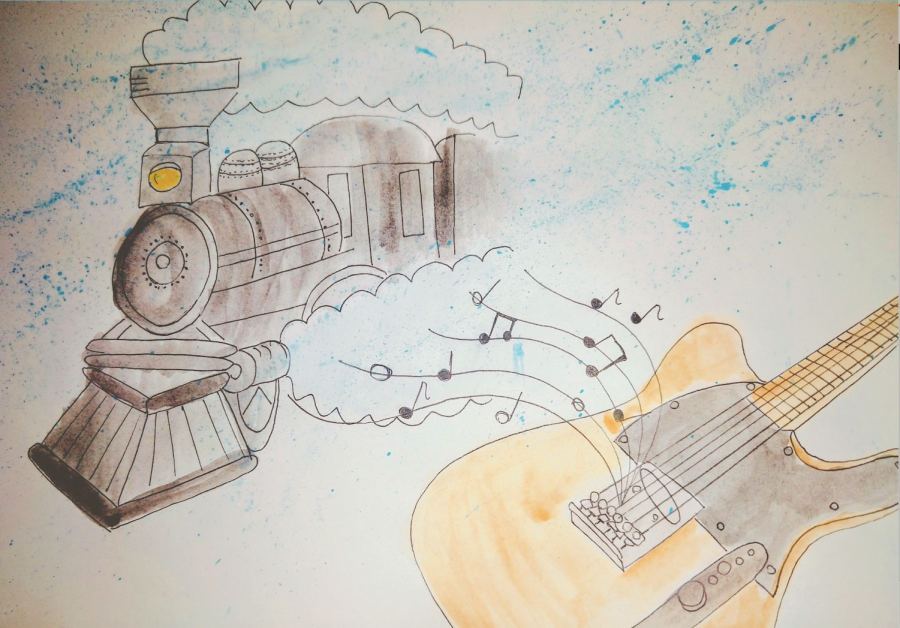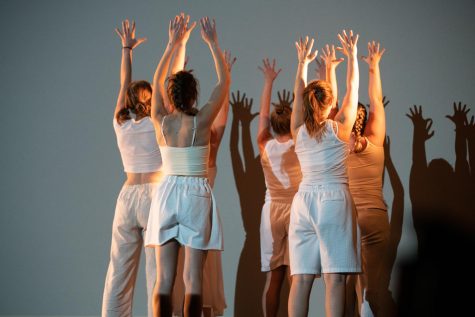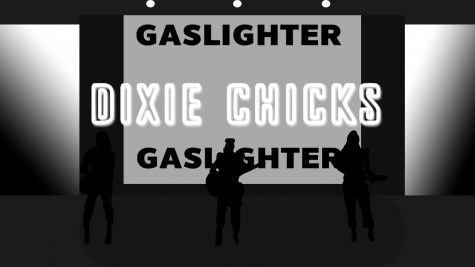Springsteen in 2020: “Letter to You” in review
November 5, 2020
A minute and a half into Bruce Springsteen’s new album “Letter to You,” released Oct. 23, the now 71 year old musician reminds us that he is not the same prolific singer-songwriter that he was 50 years ago; he’s better. When Springsteen invokes his 1978 hit “Darkness on the Edge of town,” singing, “Baby, baby, baby, I’m coming home / On the carnival on the edge of town,” he both returns this album to his roots and maturely reflects on his present desire for “home” and for solace.
During the first listen, songs like “Last Man Standing” may sound sentimental and cliché with their references to “faded pictures in an old scrapbook” and “thrift-store jeans and flannel shirts.” But Springsteen reminds us that he is the one who made such imagery so ubiquitous in America’s popular music that it is now cliché. The song contains an inventory of shows and characters that he’s played — not just the working class hero, but also a man in a “snakeskin vest and sharkskin suit.” When he sings, “I’m the last man standing now,” Springsteen seems to say that he has shed those personas along with their costumes, and he is finally performing as himself.
“Letter to You” is the first album that Springsteen and the E Street Band have made together since 2014, and they recorded it without demos over just a few days. With the live music industry currently shut down, it is sweetly nostalgic and comforting to hear Springsteen and the E Street Band jam together like they had in front of packed stadiums for 50 years now. Because the Band is so integral to songs like “Ghosts,” “Letter to You,” “Burnin’ Train” and “House of a Thousand Guitars,” this album feels communal in a time when communal experiences with music are hard to come by.
Springsteen toes the line between old, new and nostalgic in this album, even including two songs that he wrote in the 70s: “Janey Needs a Shooter” and “Song for Orphans.” Springsteen’s reliance on nostalgia is a risky move in 2020, since more and more movie franchises, musicians and authors seem to recycle their decades old beloved work each year, often only to receive lukewarm reviews. But these songs wink at his fans, some of whom will hear the harmonica and absurd religious imagery in “Song for Orphans” and fondly remember when Springsteen tried to be Bob Dylan.

I discussed the album with senior Gender Studies major Allison O’Leary, who is a longtime Springsteen fan and ran a KWCW show about the singer, titled “E Street Hour,” in spring 2019.
O’Leary said, “It’s amazing to think about how those songs have survived for so long. The album feels really nostalgic and reminiscent of his other albums like ‘Darkness on the Edge of Town,’ ‘Born to Run, and even ‘The River’… That’s kind of a risk because nostalgia could be boring, but in many instances, I find it really engaging and really comforting, especially at the specific time he has released the album. It’s almost healing to listen to a new song that sounds like the songs you loved before but this has a new twist.”
In “House of a Thousand Guitars,” Springsteen sings pensively, “The criminal clown has stolen the throne / He steals what he can never own.” In “Rainmaker,” Springsteen tells the story of a leader who convinces farmers that he can end a drought, but leaves their houses burning. “Sometimes folks need to believe in something so bad, so bad, so bad / They’ll hire a rainmaker,” he belts with equal amounts grief and grit.
“Knowing his strong distaste and hatred for Donald Trump and the GOP, a community that idolizes him as this masculine, white, formerly working-class guy, the album has become especially meaningful to me during these past couple weeks, when there’s so much anxiety and anger and fear. This album is both comforting and prepares us, in a sense,” said O’Leary.
Springsteen’s discussion of patriotism and religion in his music is infamously misunderstood as conservatism, and many may not know that Springsteen always addresses these topics with eagle-eyed skepticism. “The Power of Prayer,” “If I Were The Priest,” “Song for Orphans” and “Rainmaker” are new and powerful installments to Springsteen’s personal journey with religion. His approach ranges from tongue-in-cheek lines like “the Holy Ghost is the host with the most” to “Rainmaker, a little faith for hire.”
O’Leary said, “Springsteen always has at least three or four solid Catholic songs in an album. There’s this big clash with him and his more conservative, religious fans, which is especially salient right now, because he doesn’t have a lot of songs where he’s just unabashedly praising God or religion. It’s always with a sharpness and anger and frustration.”
One theme present in “Letter to You,” mingled within its nostalgia, politics and religion, is Springsteen’s conviction in the power of music to carry him through aging, and to carry us through the present moment in history. In “House of a Thousand Guitars,” Springsteen sings, “Here, the bitter and the bored wake in search of the lost chord that’ll band us together.” Reminiscent of a stadium concert, a church and a protest, “The House of a Thousand Guitars” strikes that lost chord.
The album ends on a hopeful note with “I’ll See You In My Dreams.” Backed by the E Street Band, Springsteen sings, “Death is not the end / And I’ll see you in my dreams.” After covering the span of his entire career in one album, Springsteen leaves us wondering if the “you” is a lost loved one, the listener or his past self.
Part goodbye, part social commentary, part deep self-reflection, “Letter to You” is a remarkable accomplishment.







